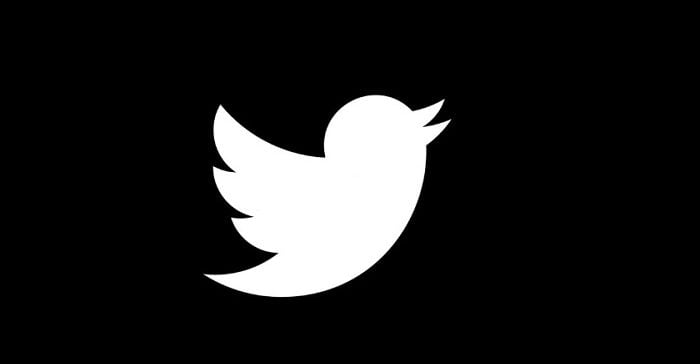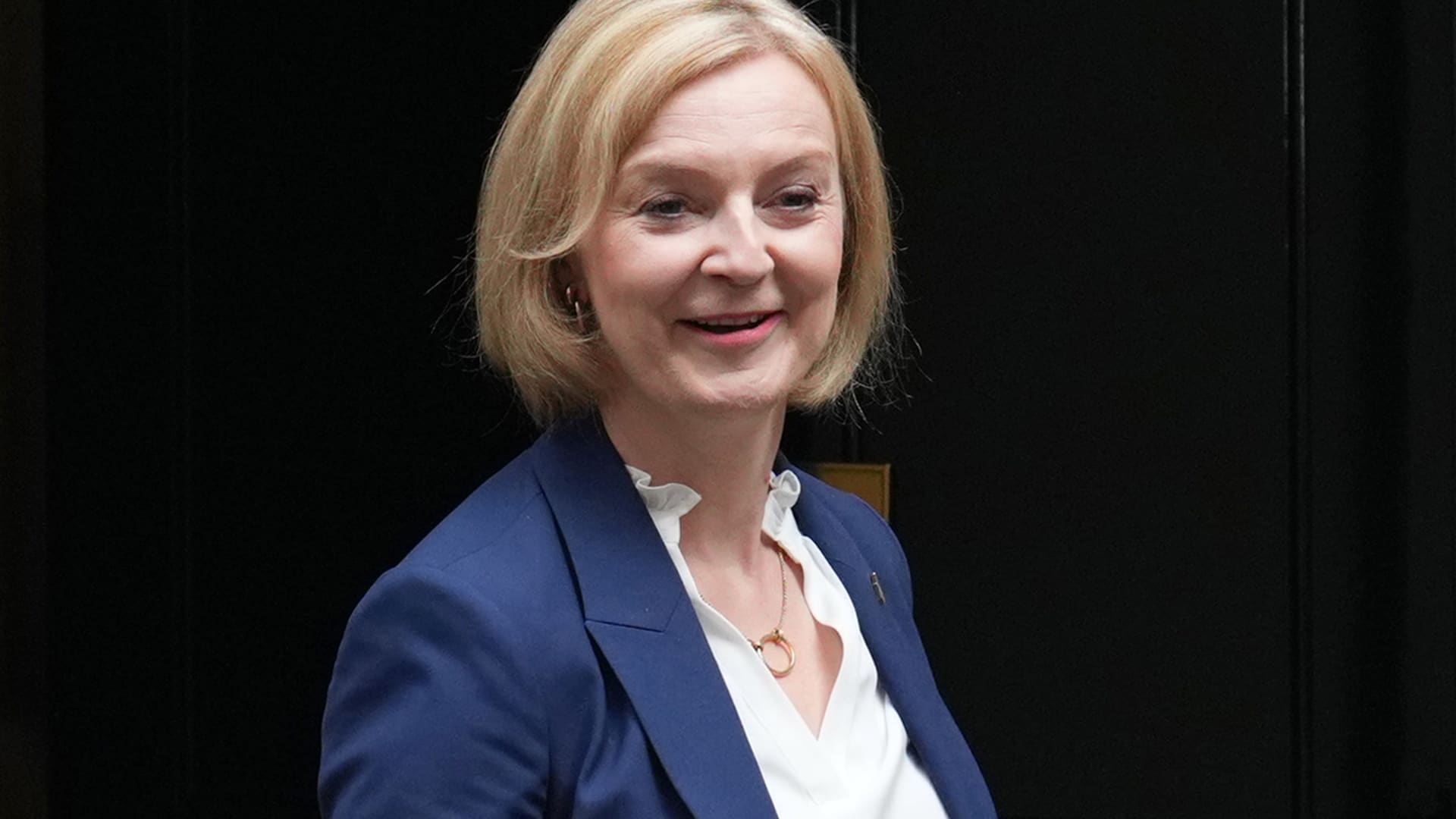It’s now been six weeks since the Twitter Board agreed to a $44 billion hostile takeover offer from Elon Musk – so where are things placed at this stage?
After much speculation, it now appears that Musk is indeed looking to pull out of the deal entirely, according to a new SEC filing.
In a letter sent to Twitter’s Chief Legal Officer Vijaya Gadde, Musk’s team has asserted that Twitter has breached the terms of the takeover deal by refusing to provide more insight into the number of fake profiles on its platform, which Twitter pegs at 5% of its active user count. Musk himself has publicly questioned this figure, and now, he appears to be looking to use this as a means to back out of his takeover bid.
As per the SEC note:
“Based on Twitter’s behavior to date, and the company’s latest correspondence in particular, Mr. Musk believes the company is actively resisting and thwarting his information rights (and the company’s corresponding obligations) under the merger agreement. This is a clear material breach of Twitter’s obligations under the merger agreement and Mr. Musk reserves all rights resulting therefrom, including his right not to consummate the transaction and his right to terminate the merger agreement.”
Musk’s team says that, despite repeated requests, Twitter has refused to elaborate on this 5% figure, which Musk believes is far too low to be accurate. Musk’s team argues that the accuracy of this data is critical in securing financing for Elon’s Twitter bid, and if Twitter can’t provide more detail to reinforce this figure, that would be tantamount to a breach of the deal terms, which would enable Musk to exit his takeover push.
Which is not quite how Twitter sees it.
Twitter has argued that its 5% fake profile figure is accurate, based on its own sampling and reporting, through processes which have been accepted by the SEC in the past, and as such, that should be the agreed number under the terms of the deal.
In response to Musk’s latest SEC letter, Twitter has continued to stand by its position on this front:
“Twitter has and will continue to cooperatively share information with Mr. Musk to consummate the transaction in accordance with the terms of the merger agreement. We believe this agreement is in the best interest of all shareholders. We intend to close the transaction and enforce the merger agreement at the agreed price and terms.”
So can Musk actually pull out of the deal if he stands by the argument that Twitter’s fake profile counts are not right?
Well, maybe.
In his early push to accelerate his Twitter deal, Musk did waive various due diligence measures in order to hasten his takeover of the app, while there is a $1 billion break clause built into the deal’s terms which Musk would have to pay, one way or another. But most experts seem to be stumped as to whether Musk could use this clause as a deal-breaker – largely because really, Musk is probably right, and there probably is a lot more fake accounts and bots active on Twitter than the company is acknowledging.
Huge bot networks have been detected in the past, including some spanning over 500,000 fake accounts within a single cluster alone. Back in 2019, Wired reported that bot profiles were dominating political news streams, with bot profiles contributing up to 60% of tweet activity around some events, while in 2017, researchers from the University of Southern California and Indiana University found that around 48 million Twitter accounts were automated – amounting to 15% of active Twitter accounts.
Despite these findings, Twitter has consistently maintained that only 5% of accounts on its platform are fake, and that number has remained static since the company went public back in 2013.
Which seems unlikely, right? I mean, how can that figure remain static all the way through?
Based on this, and the fact that Twitter’s ad business relies on the accuracy of its audience reach data, Musk would appear to have a case in arguing that if Twitter can’t provide more accurate figures, or a better explanation of its assessment, then that is a breach of the deal’s terms.
Musk has equated this to buying a house which turns out to be infested with termites.
“It seems like if you said, ‘Okay, I agree to buy your house.’ You say the house has less than 5% termites. That’s an acceptable number. But if it turns out it is 90% termites, that’s not okay. It’s not the same house.”
Twitter’s not 90% bots, but the analogy makes some sense. And given that this is Elon Musk, the richest person in the world, there could well be a way for his team to argue a way out of the deal, if they so choose.
But it won’t be easy.
Again, Twitter will look to enforce the terms of the deal, including those elements that Musk has waived, and it’ll likely require many months of legal proceedings to come to any conclusion about whether Musk has to pay up.
Which would be disastrous for the company. The stress and uncertainty of the deal has already led to several top execs leaving the company, along with many other staff, and you can only imagine that a protracted legal battle will exacerbate the situation even further.
But it does seem like that’s where things are headed, with Musk refusing to pay, and Twitter refusing to elaborate – possibly because it can’t in any way that Musk’s team would accept.
Which could lead to a big mess at Twitter HQ, and ongoing problems for the company, in almost every way. That will de-rail future plans, slow down development, change the app’s focus.
In any way you look at it, anything other than a Musk takeover now will leave Twitter with a significant mess to either manage in the interim, or deal with in the aftermath.
What comes next is unclear, but six weeks in, we’re not close to a conclusion of the Elon Musk Twitter takeover drama just yet.

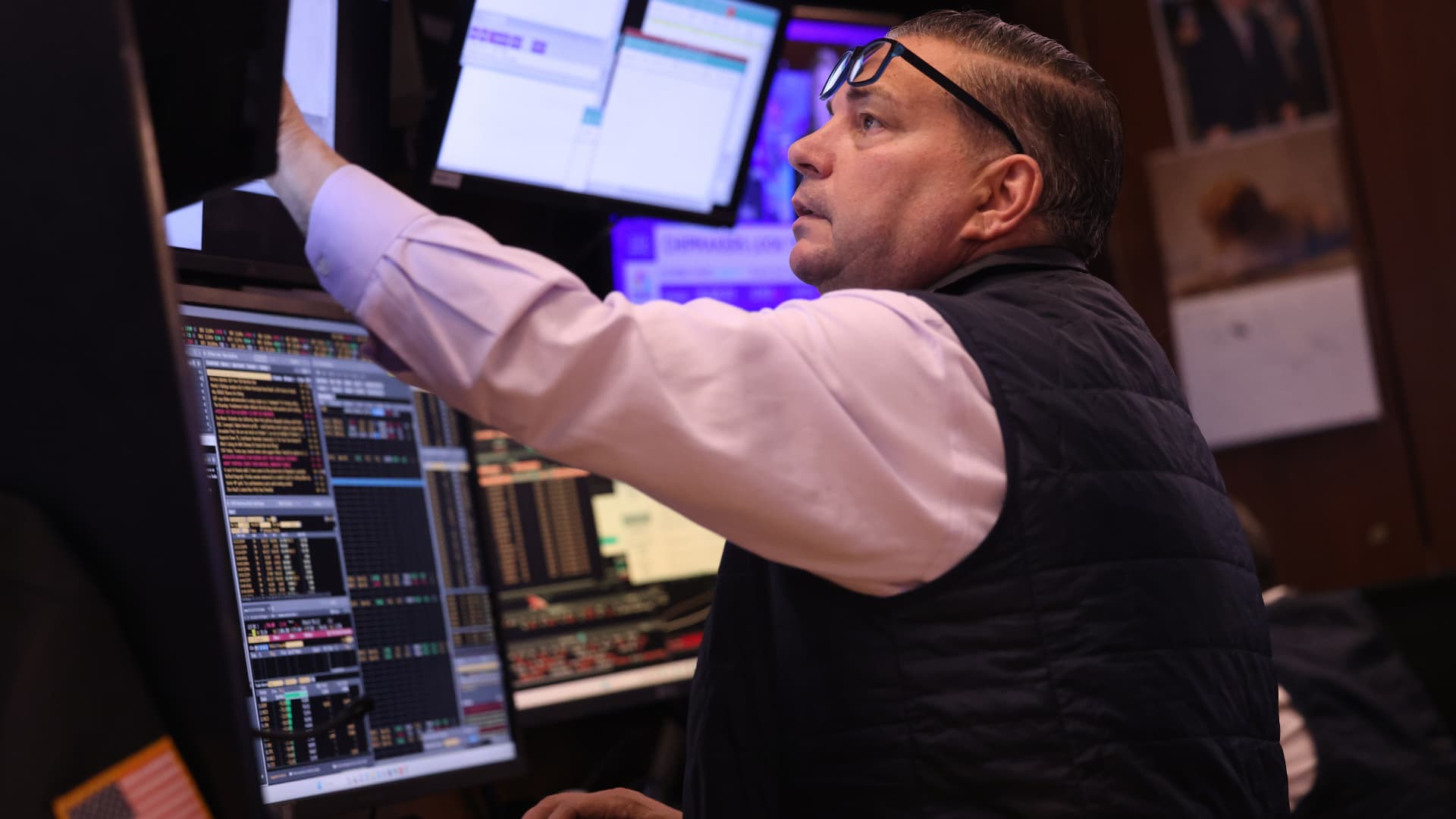


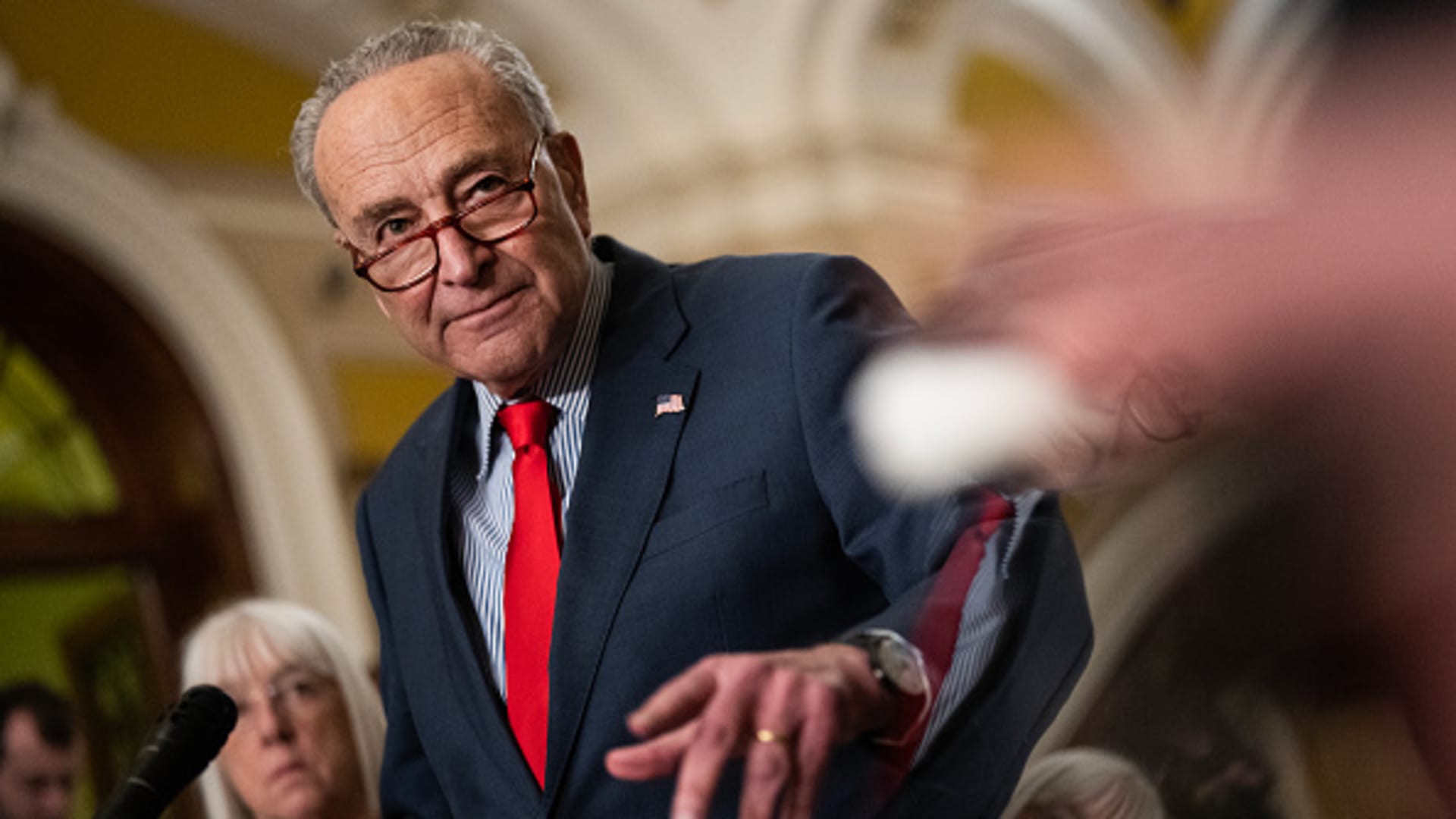



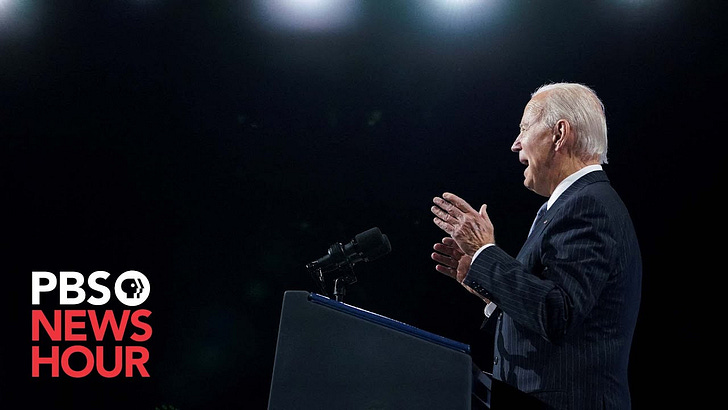


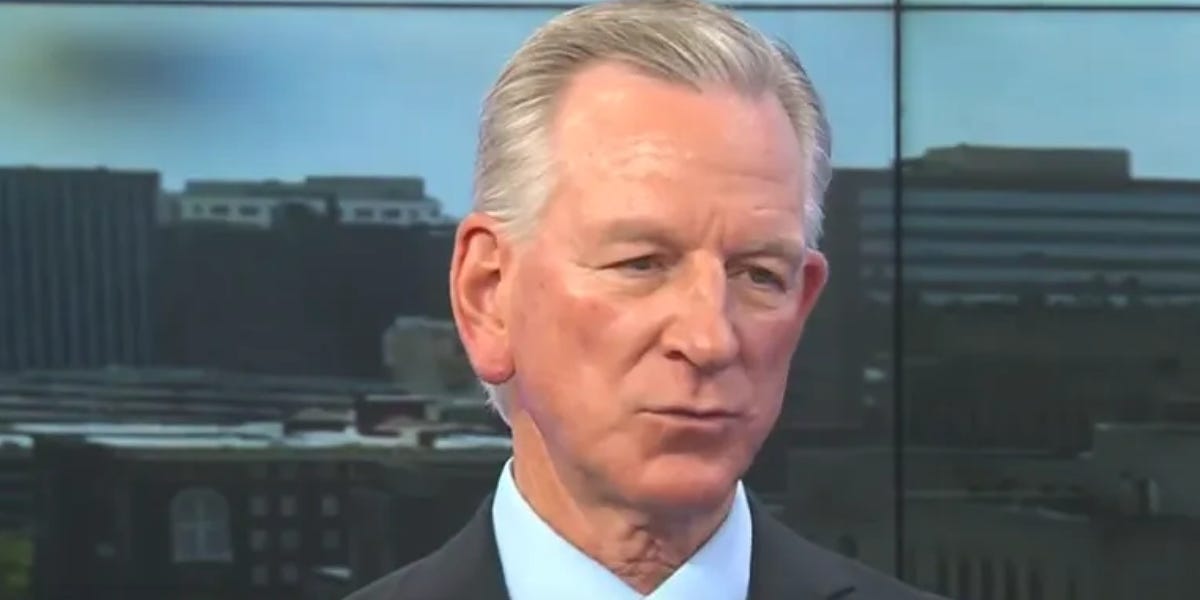
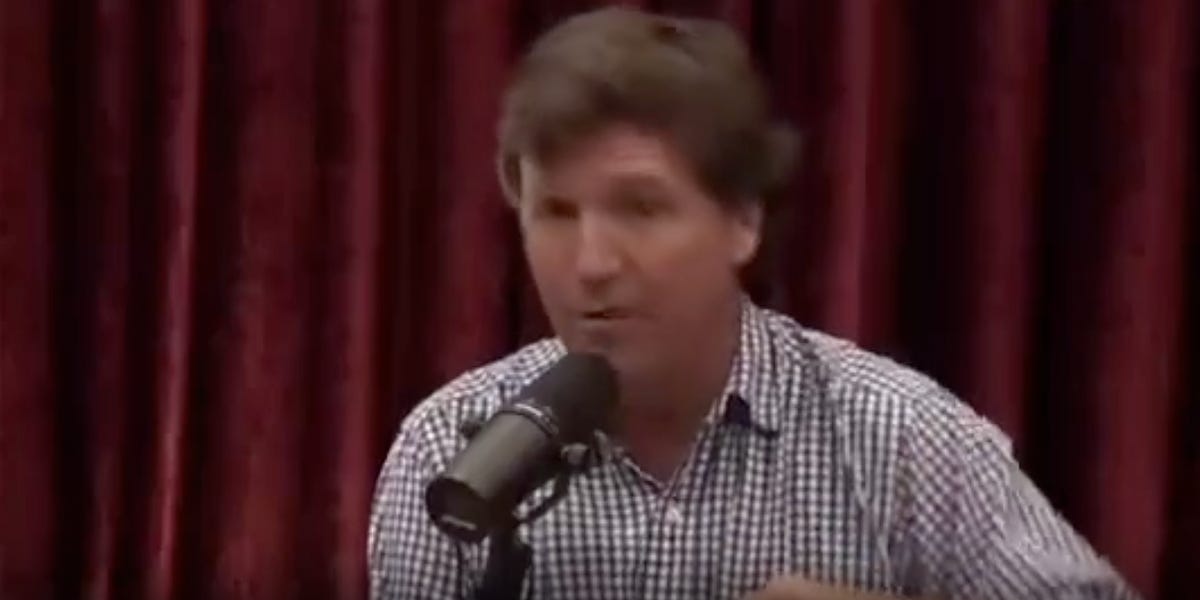








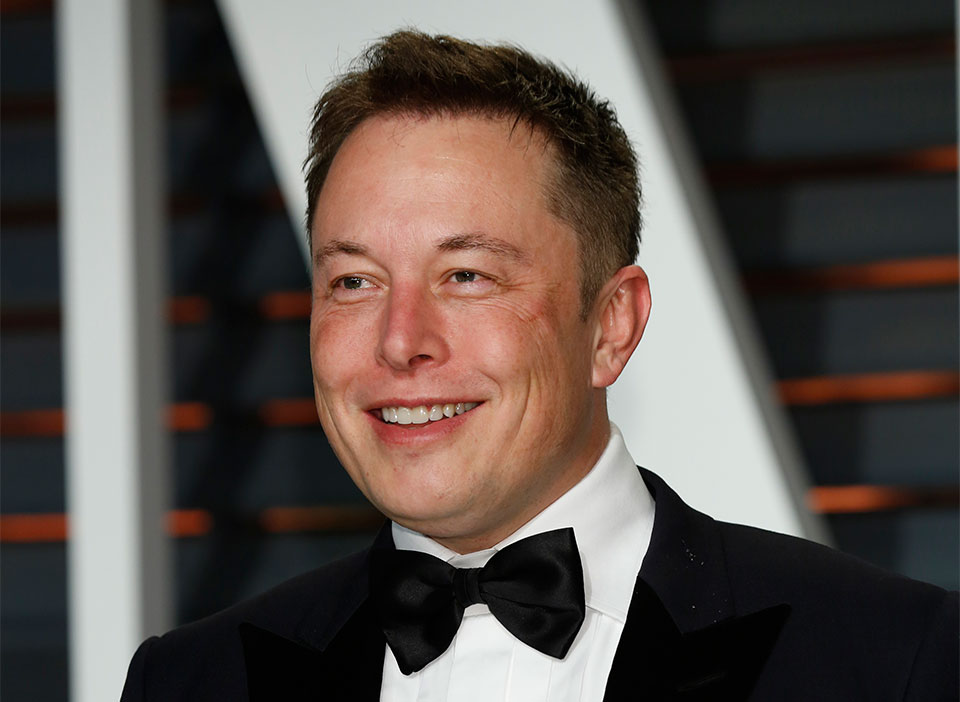
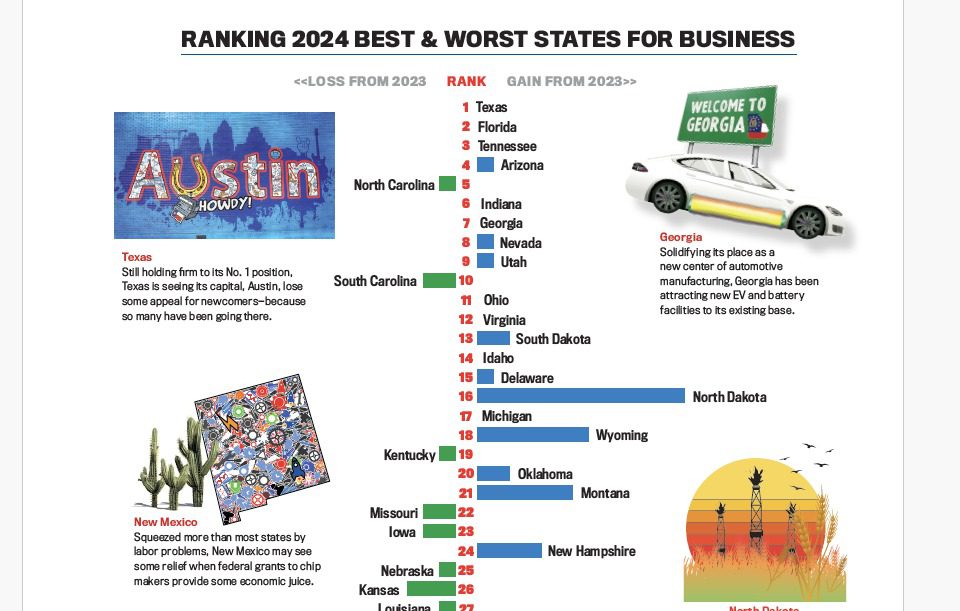






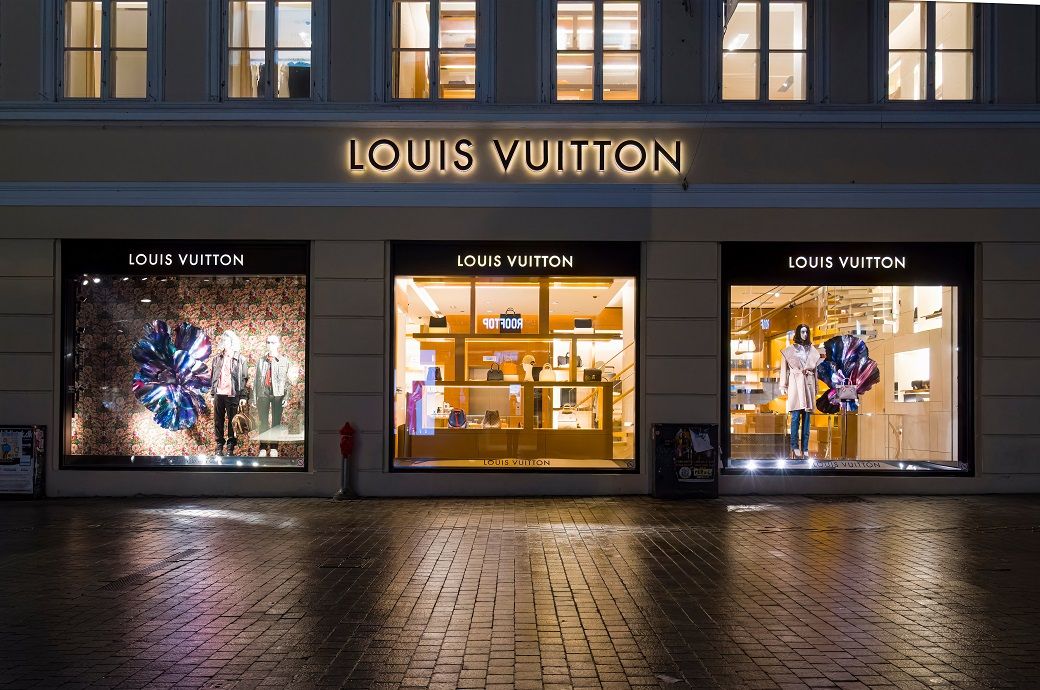










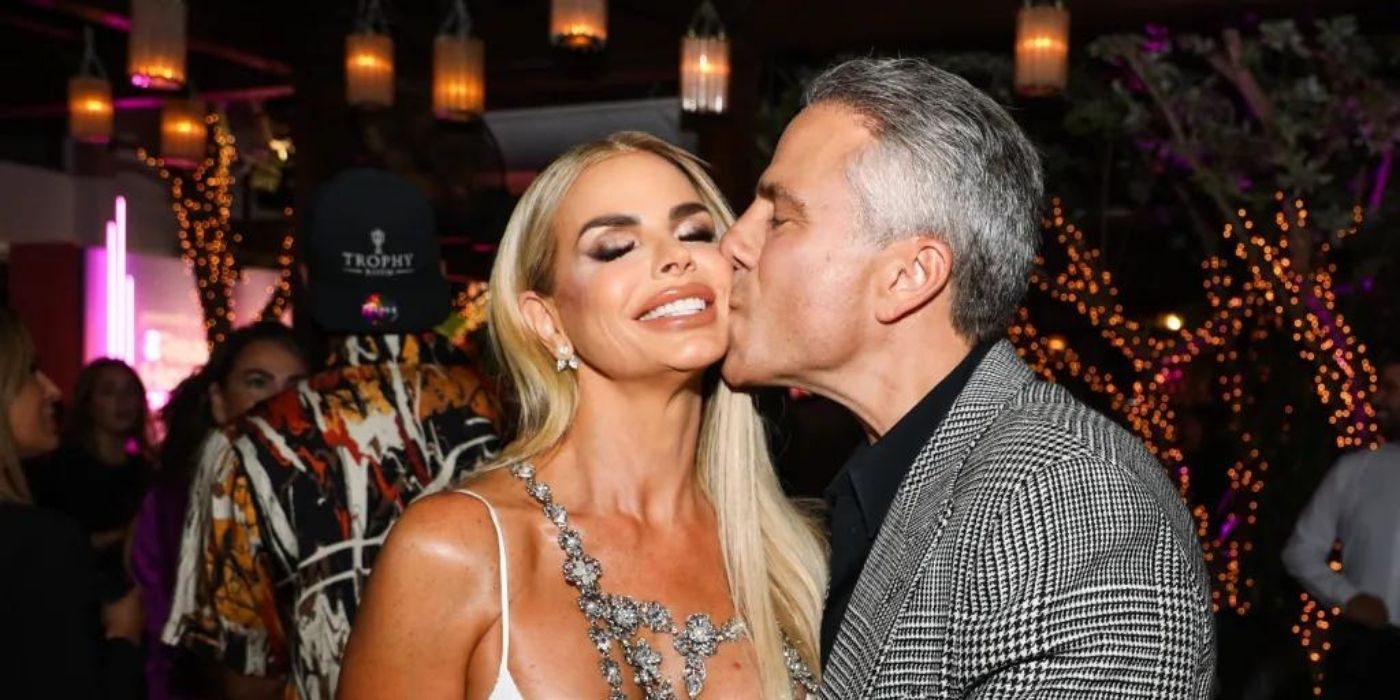




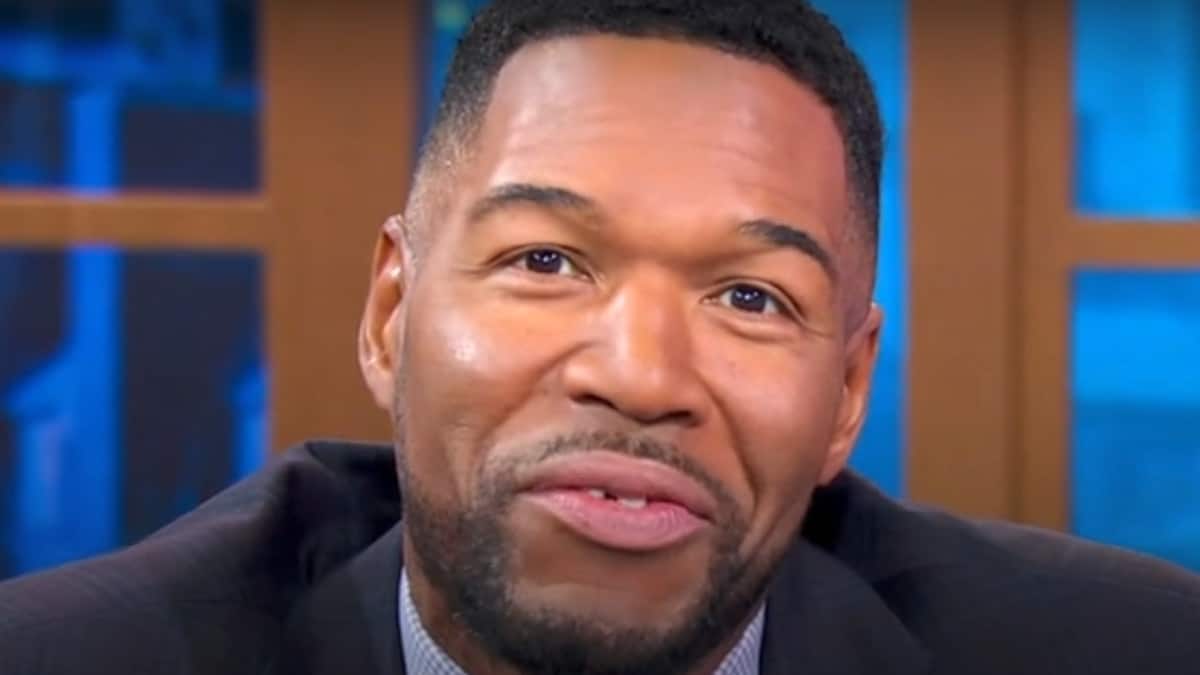
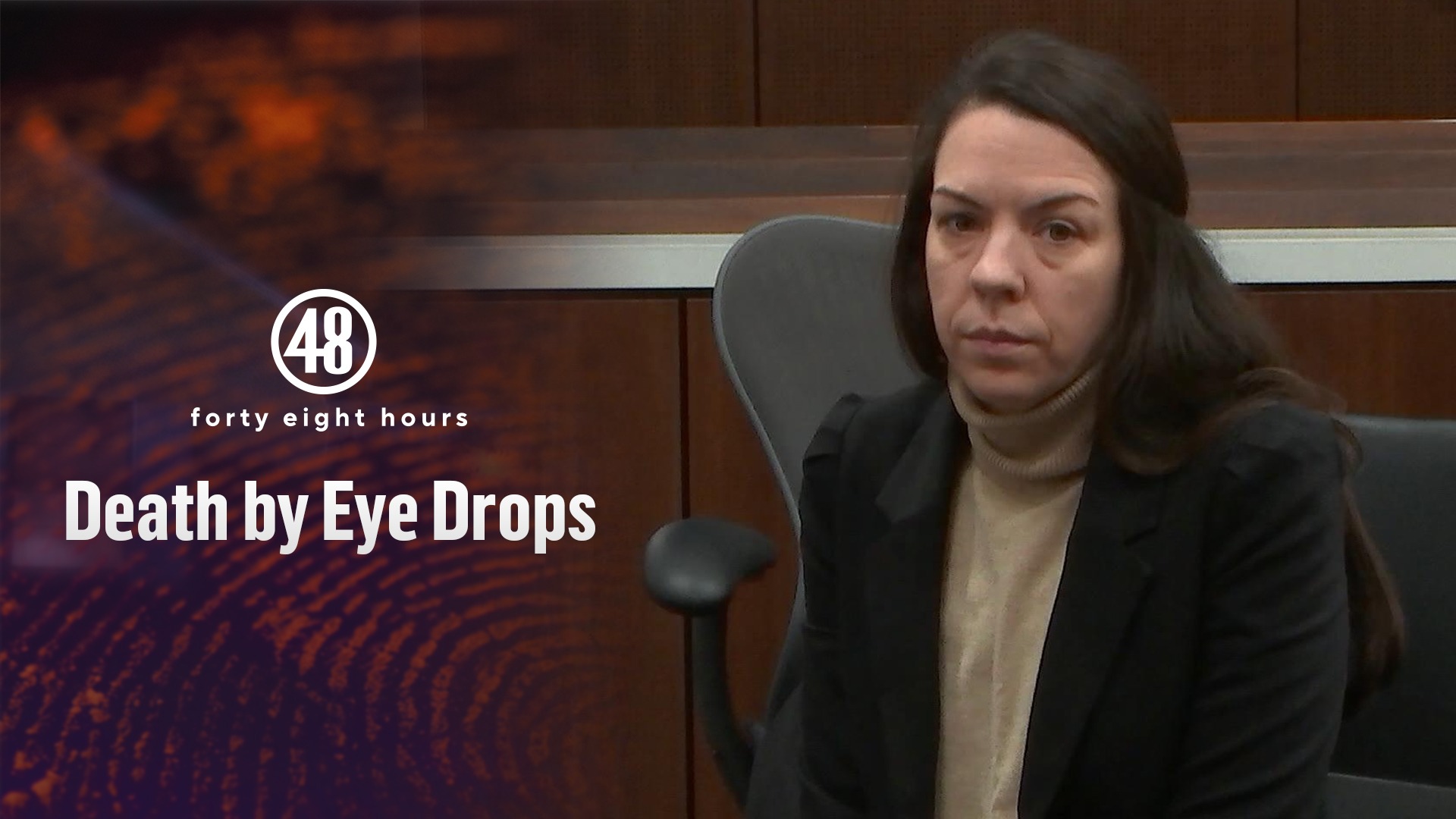








![LinkedIn Shares Tips to Help B2B Marketers Maximize Their Efforts [Infographic]](https://www.socialmediatoday.com/imgproxy/JnZfjQL32SErag0AuX_s4CdCMC0Spnj3aGoEq5eq0OA/g:ce/rs:fill:770:435:0/bG9jYWw6Ly8vZGl2ZWltYWdlL2IyYl9tYXJrZXRpbmdfbGVhZGVyc19pbmZvMS5wbmc.webp)





